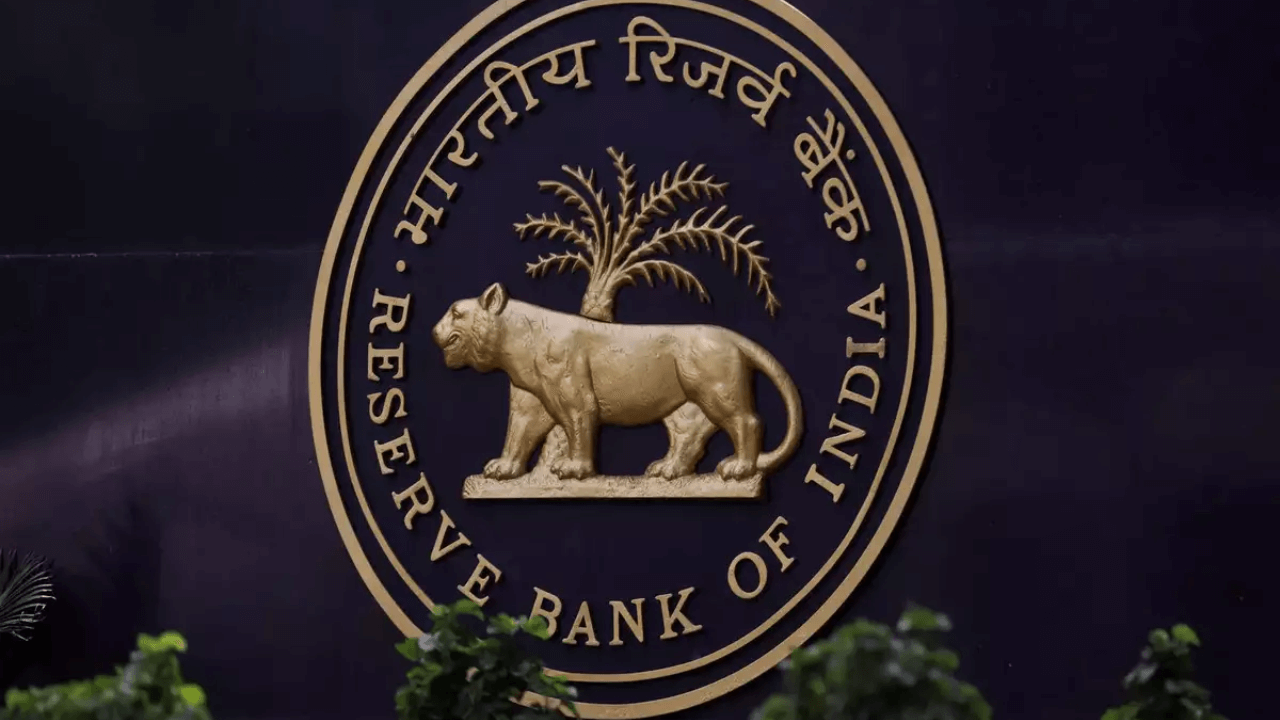Introduction
Responsible Lending & Swift Document Release: The Reserve Bank of India (RBI) has recently issued vital directives aimed at improving transparency and promoting responsible lending within the financial sector. These directives, which are applicable to Regulated Entities (REs), encompass banks and non-banking finance companies (NBFCs). They focus on the timely release of original movable and immovable property documents after full loan repayment. This article explores the RBI’s guidelines and their implications.
Facilitating Swift Document Release
Guidelines on Fair Practices Code through Swift Document Release
Since 2003, various REs have been required to comply with the Fair Practices Code, which includes provisions for the release of property documents once a borrower has fully repaid and closed their loan account. However, inconsistencies in practices among REs have resulted in customer complaints and disputes.
Promoting Ethical Lending Practices
To address these issues and encourage ethical lending conduct, the RBI has issued new directives. Borrowers will now have the option to collect original property documents either from the branch where the loan was serviced or from any other RE office where the documents are available, according to their preference.
Transparency in Loan Sanction Letters
The loan sanction letters issued on or after the effective date of these directives will explicitly state the timeline and location for the return of original property documents. This ensures transparency and provides borrowers with clarity regarding the document return process.
Handling Unexpected Events
In cases where the sole borrower or joint borrowers face unforeseen events, such as the death of the borrower(s), REs must have a well-defined procedure for returning original property documents to legal heirs. This procedure must be accessible on the REs’ websites, along with other relevant policies and procedures for customer information.
Penalties for Delays and Loss/Damage
For delays in releasing property documents or failure to submit charge satisfaction forms to the relevant registry beyond 30 days after full loan repayment, the RE must communicate the reasons for the delay to the borrower. If the delay is attributed to the RE, the borrower will receive compensation at the rate of ₹5,000 for each day of delay.
In the unfortunate event of loss or damage to original property documents, either partially or entirely, REs are obligated to assist borrowers in obtaining duplicate or certified copies, covering associated costs. Moreover, they must provide compensation of ₹5,000 per day for delays in this process. However, REs have a 30-day grace period to complete this procedure, with penalties calculated thereafter.
Effective Date of the Directives
These directives will be applicable to all cases where the release of original property documents is due on or after December 1, 2023, giving REs a sufficient lead time for implementation.
Conclusion: Responsible Lending & Swift Document Release
The RBI’s directives concerning the release of property documents represent a significant stride toward fostering responsible lending practices and enhancing transparency within the financial sector. By ensuring borrowers’ access to their documents and providing clear guidelines for unforeseen situations, these directives aim to safeguard the interests of both borrowers and regulated entities.
- Why is The SSC CGL Called a Mini IAS?
- Important Number System Questions for SSC Exams, Practice Here
- Trigonometry Questions For SSC CGL 2025, Solve Important Questions
- How to Prepare for SSC CGL with Full Time Job? Get Complete Guide
- 40 Geometry Formulas PDF – Download Here

